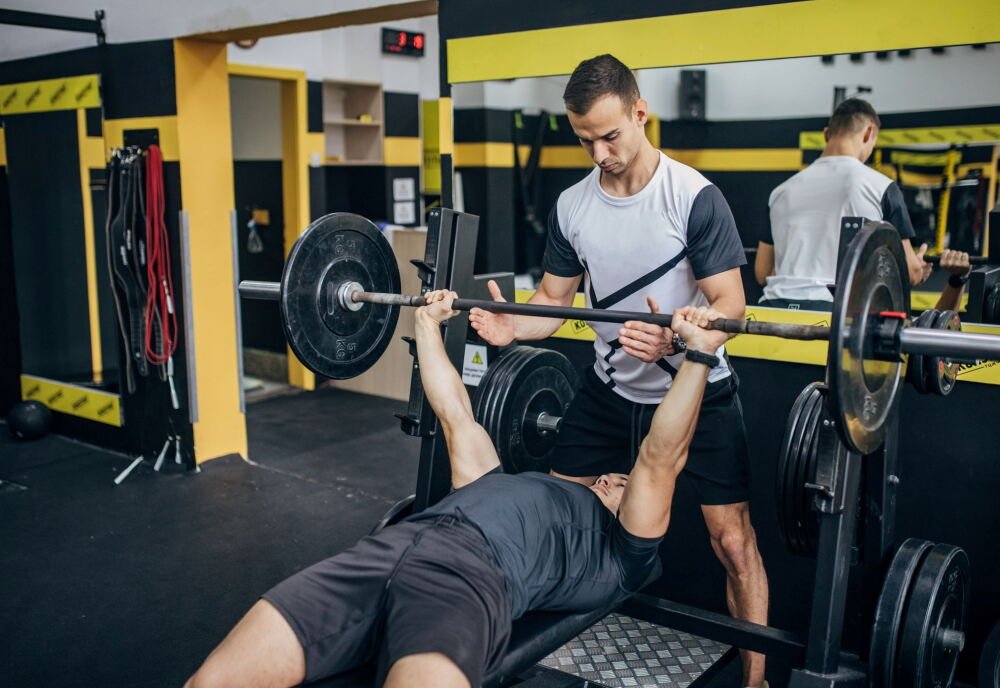Athletes always seek ways to improve and challenge themselves. Peak performance requires training smarter, not harder, whether you’re an aspiring athlete or a seasoned professional. Strength training, endurance building, rehabilitation, and mental preparation will be covered in this book to improve performance.
1. Understanding Athlete Performance
Athlete performance is a multifaceted concept that encompasses various aspects of physical and mental conditioning. From strength and speed to endurance and mental focus, each factor plays a significant role in an athlete’s ability to excel.
Key components of athlete performance include:
- Strength: The power and force an athlete can generate, critical for nearly every sport.
- Speed: How quickly an athlete can perform actions or cover distance.
- Endurance: The ability to maintain physical activity over extended periods.
- Agility and Coordination: The ability to move quickly and efficiently.
- Mental Resilience: Staying focused and motivated under pressure.
By improving these areas, athletes can achieve their full potential, regardless of the sport they practice.
2. Strength Conditioning: Building a Stronger Body
Strength is the foundation of many athletic movements. Strength conditioning helps athletes develop muscle mass, enhance power, and reduce the risk of injuries. It’s crucial not only for power-based sports like football or weightlifting but also for endurance sports where muscle fatigue can limit performance.
Effective Strength Exercises
| Exercise | Targeted Muscles | Benefits |
|---|---|---|
| Squats | Quads, Hamstrings, Glutes | Improves lower body strength and stability |
| Push-ups | Chest, Triceps, Shoulders | Increases upper body strength |
| Lunges | Quads, Hamstrings | Enhances balance and coordination |
| Deadlifts | Core, Back, Glutes | Builds overall strength and posture |
Incorporating compound movements like squats, push-ups, and deadlifts into a routine will help athletes build strength across multiple muscle groups, leading to better overall performance.

3. Endurance Building: Improving Stamina
Sportspeople who perform for lengthy periods require endurance. Running a marathon, swimming great distances, or playing a whole soccer game requires endurance.
Endurance building incorporates aerobic activities that boost cardio and strength. Running, cycling, and swimming build stamina.
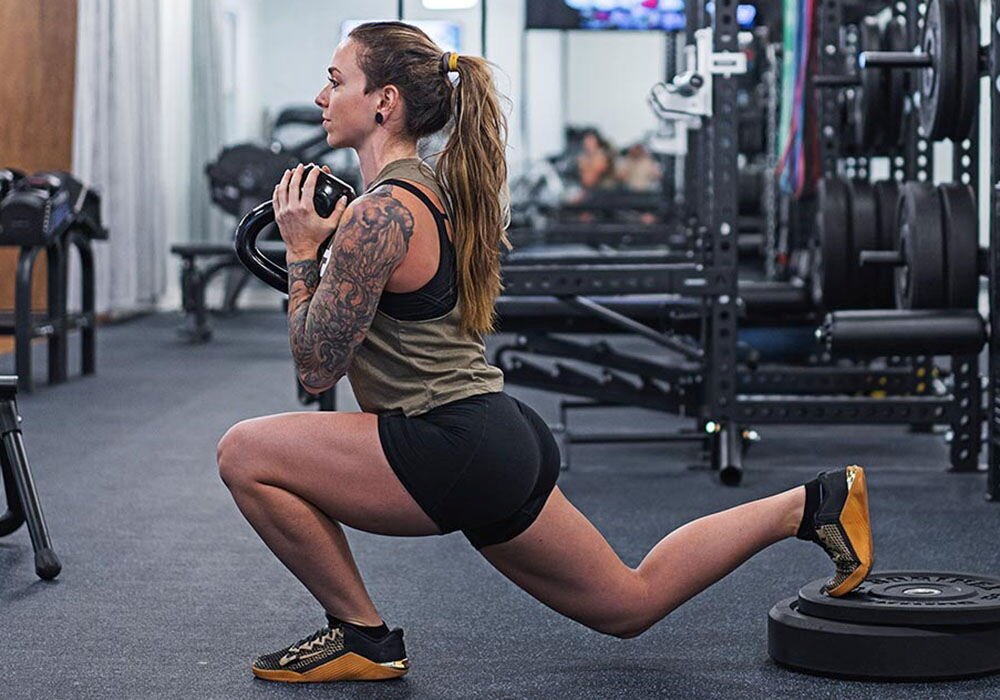
Ways to Boost Endurance
- Interval Training: Alternating between periods of intense effort and rest can improve both speed and endurance.
- Long-Distance Training: Regularly practicing longer sessions at a moderate pace will increase overall endurance.
- Cross-Training: Engaging in different sports or activities reduces the risk of burnout and improves overall fitness.
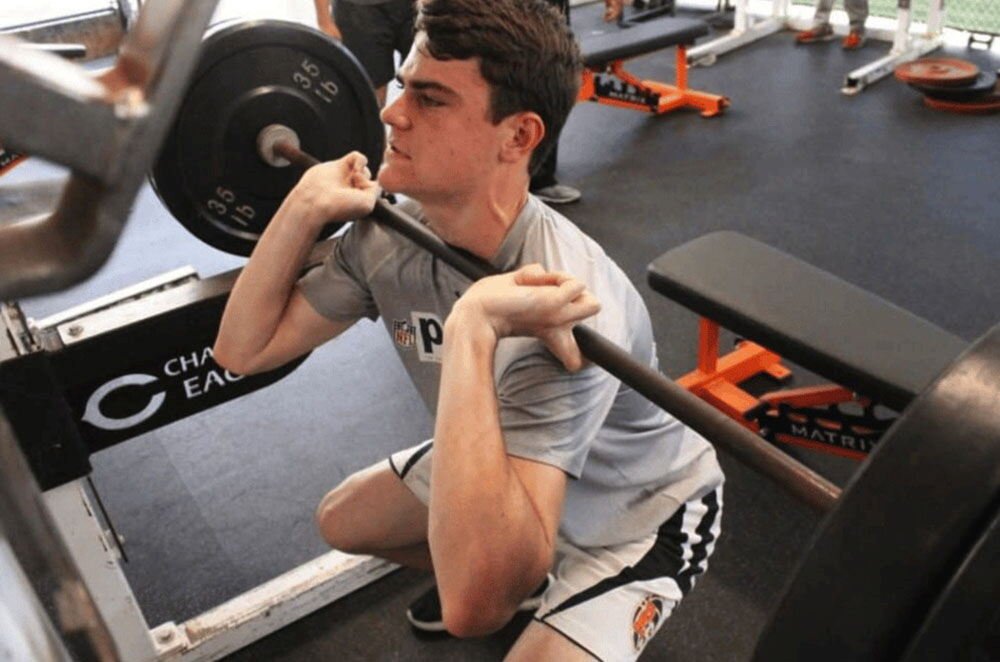
4. Recovery Strategies: Preventing Burnout
Many athletes overlook recovery, yet it is just as critical as training itself. Without proper recovery, the body does not have sufficient time to repair and build strength. Overtraining can lead to burnout, injuries, and a decline in performance.
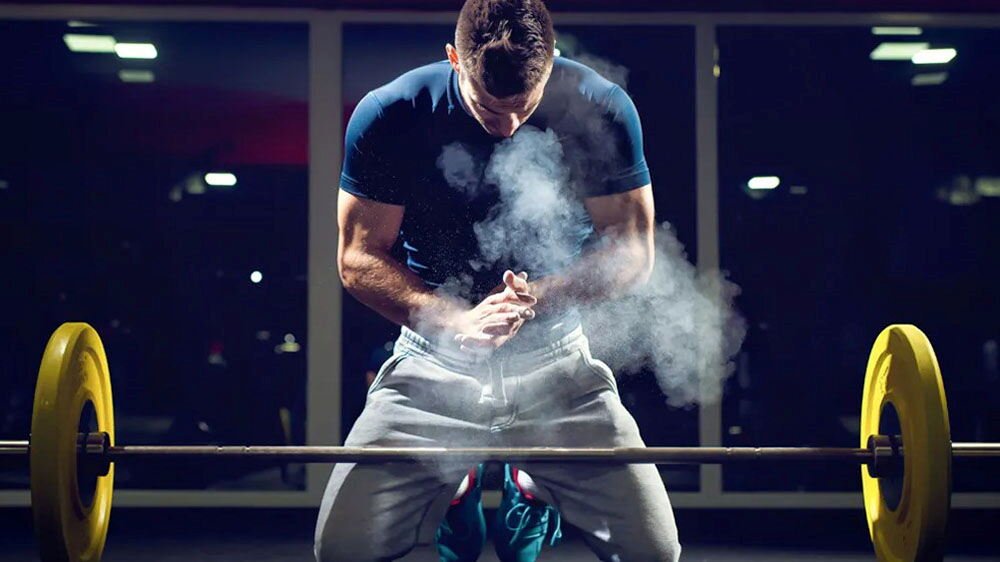
Essential Recovery Practices
| Recovery Technique | Benefits |
|---|---|
| Stretching | Increases flexibility, reduces muscle tightness |
| Foam Rolling | Improves circulation, reduces muscle soreness |
| Proper Sleep | Supports muscle repair, improves cognitive function |
| Active Recovery | Light physical activity to aid muscle recovery |
Implementing a structured recovery routine ensures that the body can rebuild muscle tissue, replenish energy stores, and prevent overuse injuries.

5. Mental Techniques: Training Your Mind
Athletes often focus on physical conditioning, but the mental aspect of performance is just as important. Mental toughness and focus can make the difference between success and failure, particularly in high-pressure situations.
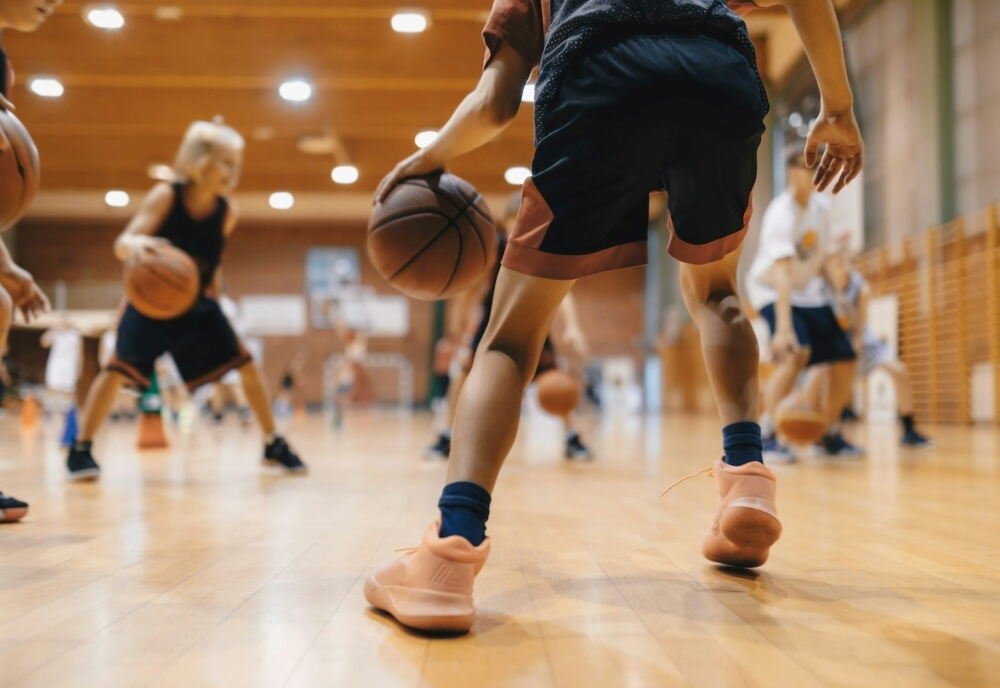
Mental Performance Tools
- Visualization: Mentally rehearsing a successful performance can help athletes execute their goals with confidence.
- Goal-Setting: Setting specific, measurable, achievable, realistic, and time-bound (SMART) goals provides direction and motivation.
- Mindfulness and Meditation: Techniques like mindfulness help athletes stay present, manage stress, and improve focus.
Having a clear mental strategy helps athletes perform under pressure, remain consistent, and push past mental barriers.
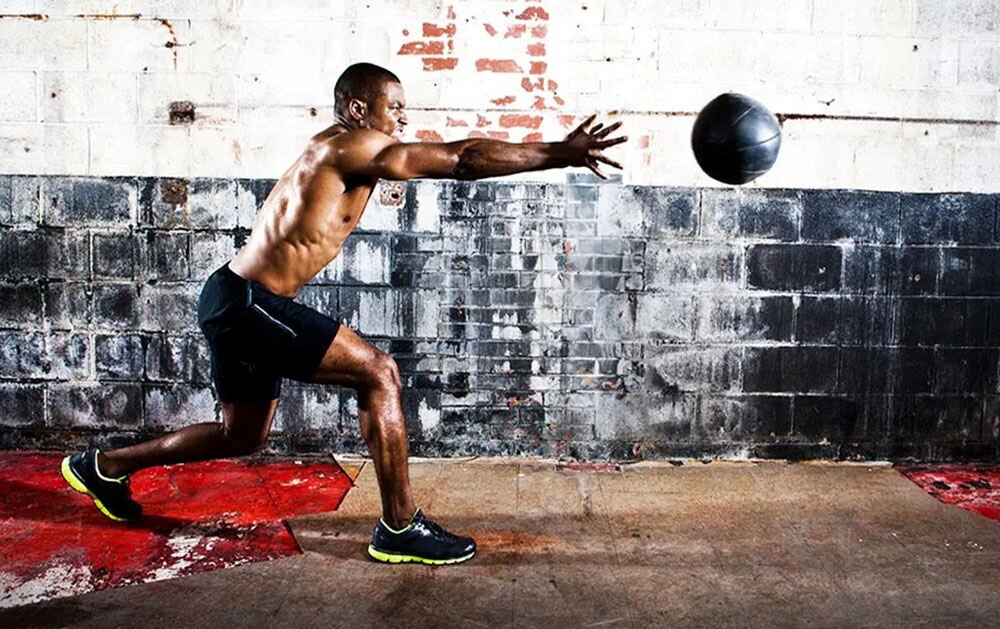
6. The Role of Nutrition and Supplements in Performance
The body needs proper nutrients to fuel and heal. Supplements can increase performance in addition to a healthy diet. For instance, Hybrid Athlete Supplements contain endurance and strength ingredients. They improve healing and physical function.
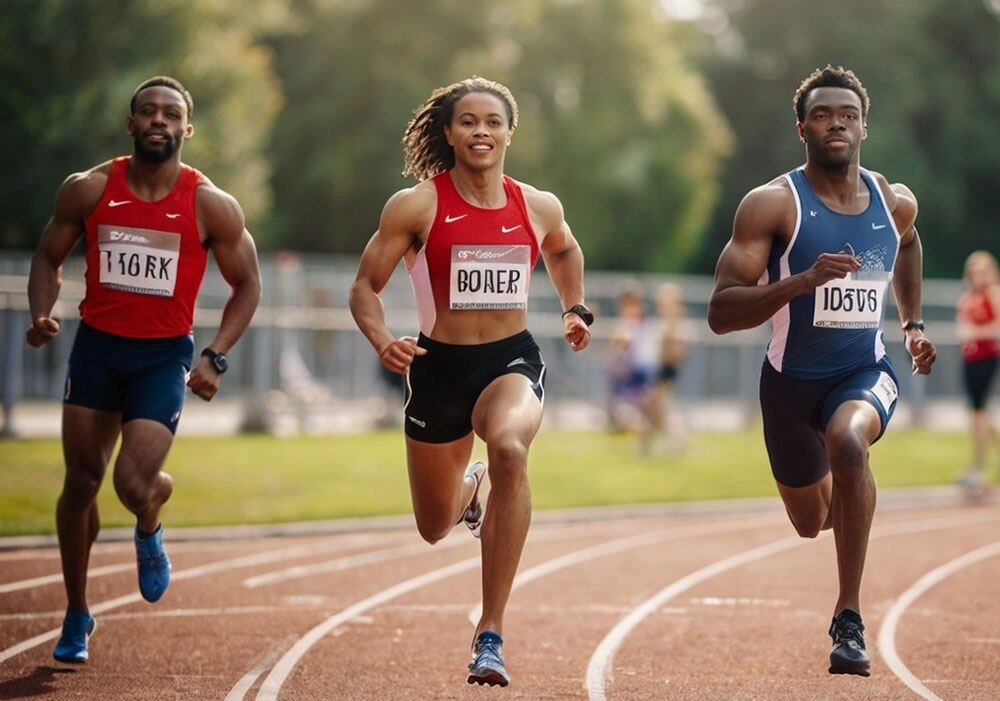
Key Supplements for Athletes
| Supplement | Benefits |
|---|---|
| Protein Powders | Supports muscle recovery and growth |
| BCAAs | Reduces muscle fatigue and soreness |
| Creatine | Enhances strength, power, and high-intensity performance |
| Electrolytes | Replenishes lost minerals during intense exercise |
Supplementing wisely and in combination with a nutritious diet can enhance athletic performance and prevent deficiencies.
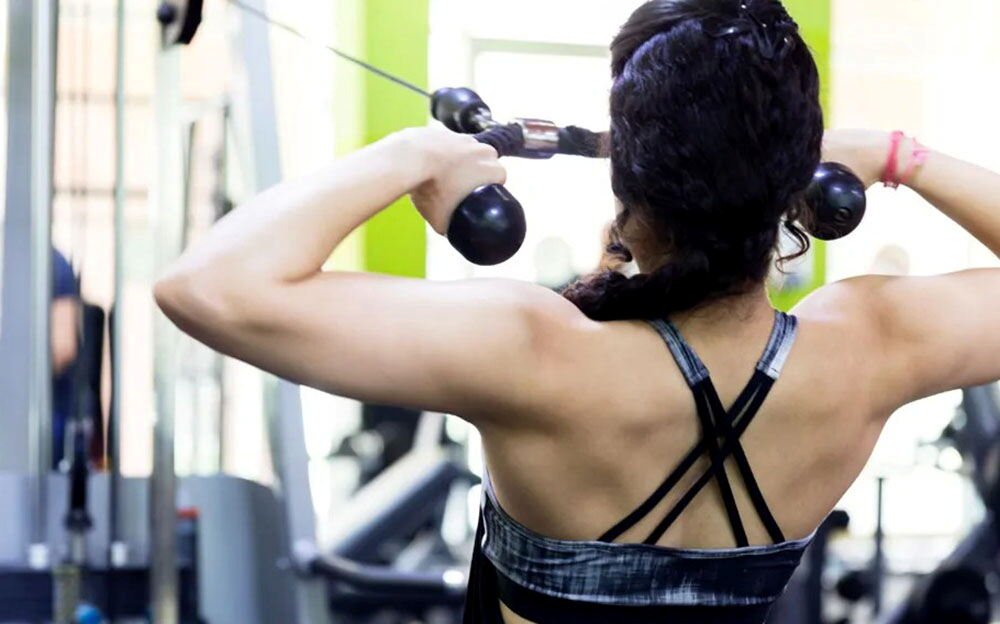
7. Putting It All Together: Building a Comprehensive Training Plan
To maximize athletic performance, it’s essential to combine strength, endurance, recovery, mental toughness, and nutrition into a cohesive training plan. A balanced approach will ensure that all aspects of performance are optimized.
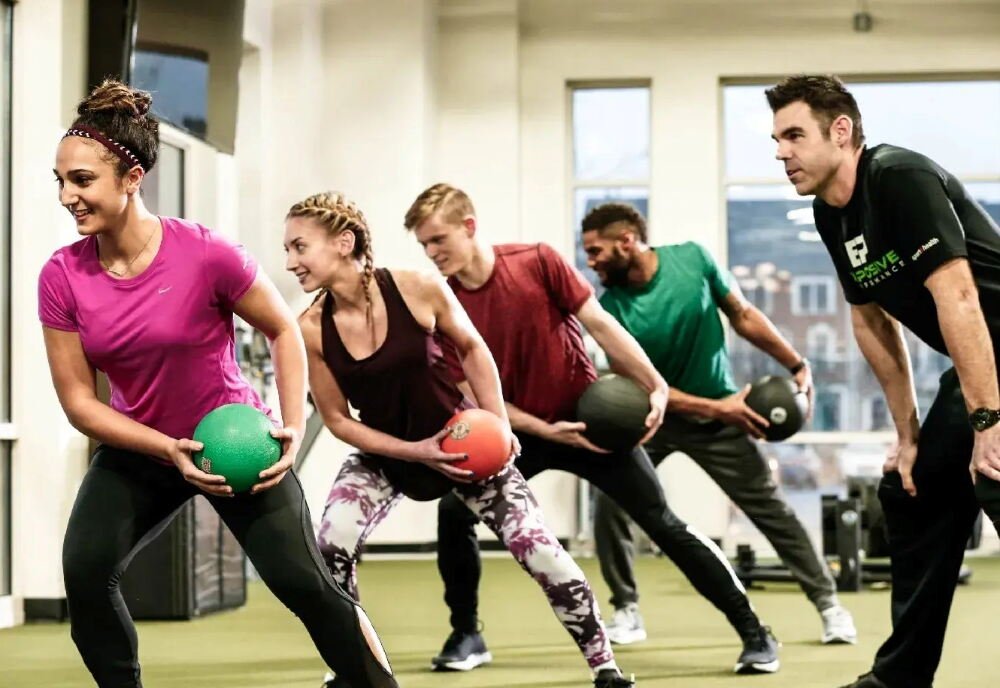
Sample Weekly Training Schedule
| Day | Focus | Example Activity |
|---|---|---|
| Monday | Strength Conditioning | Squats, Push-ups, Deadlifts |
| Tuesday | Endurance | Long-distance run or cycling |
| Wednesday | Active Recovery | Light yoga or swimming |
| Thursday | Mental Training | Visualization, meditation, goal-setting |
| Friday | Strength & Endurance | Circuit training with sprints and weight lifting |
| Saturday | Endurance | Cross-training (e.g., swimming, cycling, or hiking) |
| Sunday | Recovery | Foam rolling, stretching, rest |
By following a well-rounded plan, athletes can improve their performance across multiple dimensions and make steady progress toward their goals.
Frequently Asked Questions
How can I improve my strength for sports?
Strength conditioning with exercises like squats, push-ups, and deadlifts will help build muscle and improve power.
How do I increase my endurance?
Endurance can be improved through activities like long-distance running, cycling, and interval training.
Why is recovery important for athletes?
Recovery helps prevent injuries, reduces fatigue, and allows muscles to rebuild stronger.
Can mental training help my performance?
Yes, techniques like visualization and goal-setting improve focus, resilience, and motivation.
Are supplements necessary for athlete performance?
Supplements can aid in muscle recovery and stamina, but they should complement a balanced diet and training.


